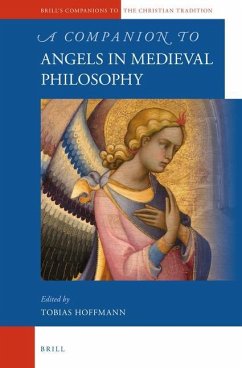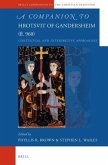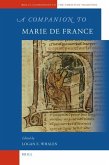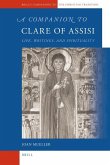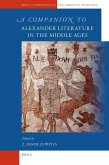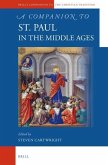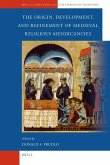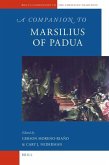The discussion of angels, made famous by the humanist caricature of how many angels can dance on the head of a pin, was nevertheless a crucial one in medieval philosophical debates. All scholastic masters pronounced themselves on angelology, if only in their Sentence commentaries. The questions concerning angelic cognition, speech, free decision, movement, etc. were springboards for profound philosophical discussions that have to do with anthropology and metaphysics no less than with angelology. Angels qua separate substances were of central importance in medieval metaphysics (with questions on universal hylomorphism, the esse- essentia composition of creatures, and those regarding individuation of material and immaterial substances). The doctrine of angels has not been the subject of much study in the history of medieval thought, and the volume fills an important gap in the literature. The chapters offer a well-rounded, if not encyclopedic discussion in the chronological or doctrinal sense. They cover the history of debate from Augustine and Pseudo-Dionysius until the later middle ages, but instead of an author-by-author approach, focus rather on seminal ideas with demonstrable relevance to secular and modern philosophical concerns.
Hinweis: Dieser Artikel kann nur an eine deutsche Lieferadresse ausgeliefert werden.
Hinweis: Dieser Artikel kann nur an eine deutsche Lieferadresse ausgeliefert werden.

